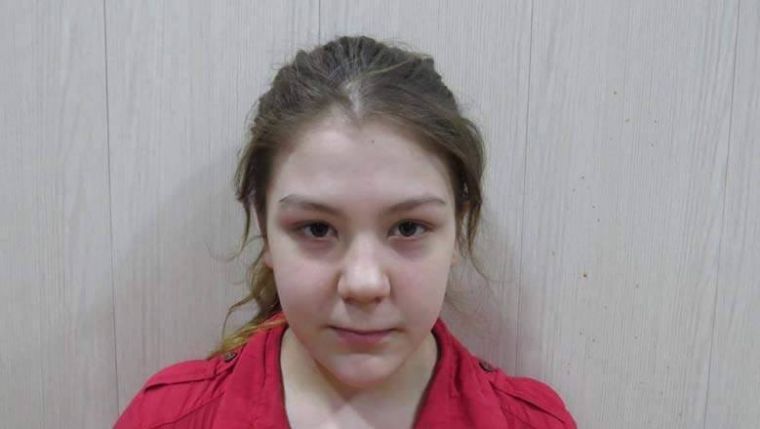Swedish teen rescued from ISIS-run Mosul speaks out
A 16-year-old Swedish girl rescued from ISIS-controlled territory near Mosul last week has spoken out about the "hard life" she endured under Islamic State.

Having just left school, Marlin Stivani Nivarlain - then 15 - was convinced to travel to ISIS by her 19-year-old boyfriend, who went on to fight for ISIS, she told Kurdistan 24 in a short interview.
"At first we were good together, but then he started to look at ISIS videos and started to speak about them and stuff like that. And I don't really know anything about Islam or ISIS... so I didn't know what he meant.
"And then he said he wanted to go to ISIS and I said OK, no problem, because I didn't know what ISIS means, what Islam is. Nothing," she said.
She subsequently ran away from her foster home in Boras, east of Gothenburg, and travelled across Europe by train, bus and car, before crossing the border into Syria from Turkey.
"When we come to Syria, ISIS took us in a bus with some other women and men to Mosul in Iraq," where the militants provided them with a house, she said.
"I get my house and in the house we didn't have anything – no electricity, no water, nothing and we didn't have any money either.
"It was totally different to Sweden, because there we didn't have anything and in Sweden we have everything."
She was rescued by Kurdish anti-terrorist forces on February 17, who said the teen "was misled" by her boyfriend on leaving Sweden.
The rescue operation was initiated by a phone call to her mother where she asked to go home, and her mother's decision to contact the Swedish authorities, she suggested.
"It was really hard life," she said. "So when I had a phone I started to contact my mum and said 'I want to go home'."
Nivarlain is currently being "provided the care afforded to her under international law" in Iraqi Kurdish territory and would be sent home as soon as possible, a statement from the Kurdish regional government said.











